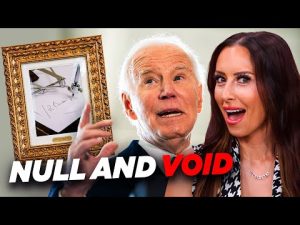Gavin Newsom’s recent appearance on a podcast with former NBA stars has ignited a conversation about authenticity in political narratives. During the show, Newsom attempted to connect with his hosts by painting a picture of his childhood that seemed to mirror their challenging upbringings. He spoke of his mother’s struggles, raising two children with little money and working multiple jobs. While the former basketball stars faced genuine hardships growing up, Newsom’s story seems to take a different route. As the son of a lawyer closely associated with the Getty family, questions have been raised about the sincerity of his story.
However, it’s important to acknowledge that Newsom’s mother did indeed work three jobs after his parents divorced when he was just three years old, and he has described his childhood as “challenging” due to financial instability. Critics argue that while Newsom’s connections through his father to affluent circles existed, his upbringing involved genuine financial struggles after the divorce.
The discussion raises the question as to whether Newsom’s portrayal is a political maneuver crafted for broader appeal. In a landscape where authenticity is increasingly valued by voters, the discrepancy between Newsom’s words and his background could be problematic. Voters are not just seeking leaders who understand their struggles but who genuinely share or empathize with their experiences. When politicians embellish personal histories to fit a particular narrative, it risks alienating the very audience they aim to engage.
As Newsom’s political ambitions possibly stretch towards higher office, it’s crucial for his narratives to align more closely with reality. Voters deserve transparency and honesty from their leaders. When the lines between fact and fiction blur, trust erodes. In the game of politics, staying true to one’s authentic self, without artificially cultivating hardship, might resonate more profoundly and credibly with the public.







